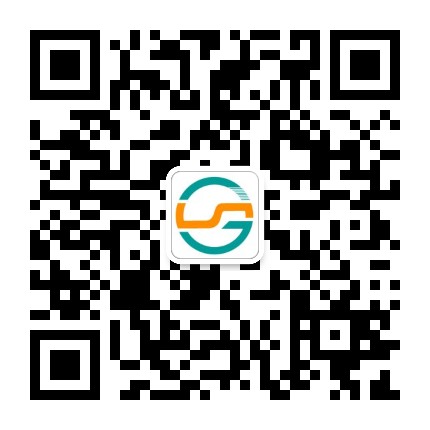生活中需要表達觀點又不知有何可表的時候,我們經常會跟著別人說“Me too”。最近逛街的時候還發現,如果某一款的鞋或衣服很熱銷,其他品牌也都會爭相推出類似貨品,我們可以稱之為me-tooism。看來這個“me too”的適用范圍還是挺廣的。
Me-tooism was present earlier in Australian English. It was used in the 1980s to refer to the practice of one manufacturer copying from another, namely the adopting of policies, methods, products, etc., similar or identical to those of a peer, rival, or competitor.
Me-tooism(仿效主義)早先出現在澳大利亞英語中。20世紀80年代,這個詞用來指代生產廠商相互仿效的行為,包括政策實施、采用的方法以及推出的產品等都與同行或競爭對手的類似或完全相同。
For example:
The me-tooism of the world car industry means that all good ideas are copied as soon as possible.
世界汽車行業中的仿效行為意味著所有好的理念都會在最短的時間內被抄襲。
都說中國的語言豐富,一個字可以理解出好多個意思,這一點小編我完全同意。不過,隨著時代的發展,不但文字的意思在豐富,連咱們平日常用的數字也開始進入了藝術運用階段。比如,咱們會說某人很8,那人特2,這人怎么穿得人5人6的…怎么樣,我沒有說錯吧?今天,咱們就再給這個數字語言隊伍添加一個新成員,它是404。
404 is used to describe someone who is clueless. This usage derives from the WWW error message, “404 Not Found”, meaning the requested document could not be located.
404被用來描述愚笨、無用之人。這一用法來源于網絡上無法找到搜索頁面時出現的“404 Not Found”錯誤提示信息。
Someone 404 is usually stupid and unable to use computers or other complicated electronic equipment.
被稱為404的人通常比較笨而且對電腦或其他復雜電器的操作也不太開竅。
For example:
Don't bother asking him, he's 404.
不用去問他了,他什么都不會。

